
PUMPA - SMART LEARNING
எங்கள் ஆசிரியர்களுடன் 1-ஆன்-1 ஆலோசனை நேரத்தைப் பெறுங்கள். டாப்பர் ஆவதற்கு நாங்கள் பயிற்சி அளிப்போம்
Book Free DemoHeat is defined as the flow of energy from hotter to cooler objects.
There are many sources of heat. Some of them are,
- Sun
- Chemical (Combustion)
- Electrical
- Friction
Sun:
Sun is the major and an essential source of heat and light energy on earth. We know that the sun is a hot ball of fire. Due to nuclear fusion, heat is produced from helium, which is present in the sun.

Source of heat - Sun
How does this heat reach earth?
The heat freed from the sun's chemical reactions does not stay near the sun but instead spreads away from it and into space. Even though the earth is situated millions of miles away from the sun, a portion of this energy reaches the earth in the form of light.

Energy from the sun reaches the earth in the form of light
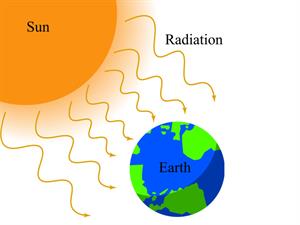
Energy from the sun reaches the earth
After standing under the sunlight for some time, touch your head.
Does it feel warm?

Man stands under the sunlight
Yes, it feels warm because the sun gives out heat besides light.
Chemical:
Combustion is a chemical process that produces heat energy. In this process, a substance (fuel) reacts with an oxidizer (a source of oxygen), resulting in exhaust and heat energy.
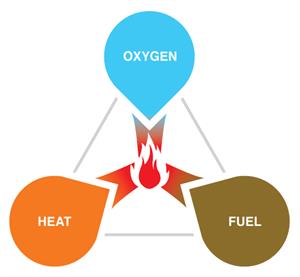
Combustion process
Heat energy is produced by burning fuels like wood, kerosene, coal, charcoal, gasoline/petrol, oil, etc.,
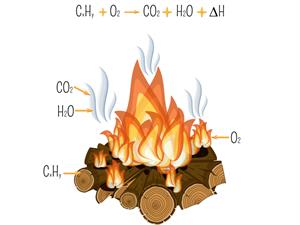
Burning fuels
Electrical:
The Flow of electrons through a substance is called an electrical current. The substance which allows the flow of current is called a conductor.
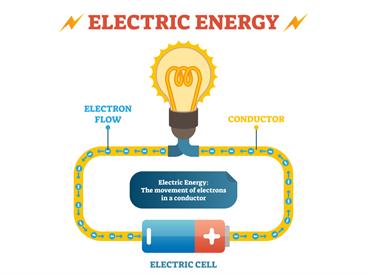
Electrical energy by using battery
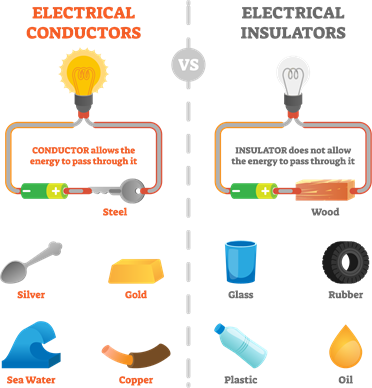
Examples of conductors and insulators
No conductors fully allow the flow of current, and all resist electron flow to some extent. When the electron flow is opposed, some of the electrons energy can't travel all the way. Because energy is conserved, the energy that was moving the electrons forward is converted to heat energy.
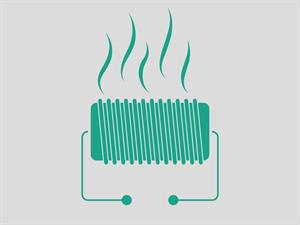
Electric circuit
Water heaters, iron boxes, electric kettles, etc., work on this principle.

Electric kettle

Iron box
Friction:
When two surfaces are in contact, they move related to each other; the friction between them transforms kinetic energy into thermal energy (that is, it converts work to heat).

Heat energy due friction
Reference:
https://pixabay.com/fr/photos/soleil-brillant-rougeoyant-lumineux-18849/
https://www.needpix.com/photo/1078717/sun-light-rays-sky-trees-forest-sunlight-shine-sunny
https://commons.wikimedia.org/wiki/File:The-fire-triangle.jpg
https://commons.wikimedia.org/wiki/File:Household_tool_teakettle_pouring_water_into_teapot.JPG
https://commons.wikimedia.org/wiki/File:Ironing_a_shirt.jpg
https://pxhere.com/en/photo/906743
https://www.needpix.com/photo/1078717/sun-light-rays-sky-trees-forest-sunlight-shine-sunny
https://commons.wikimedia.org/wiki/File:The-fire-triangle.jpg
https://commons.wikimedia.org/wiki/File:Household_tool_teakettle_pouring_water_into_teapot.JPG
https://commons.wikimedia.org/wiki/File:Ironing_a_shirt.jpg
https://pxhere.com/en/photo/906743